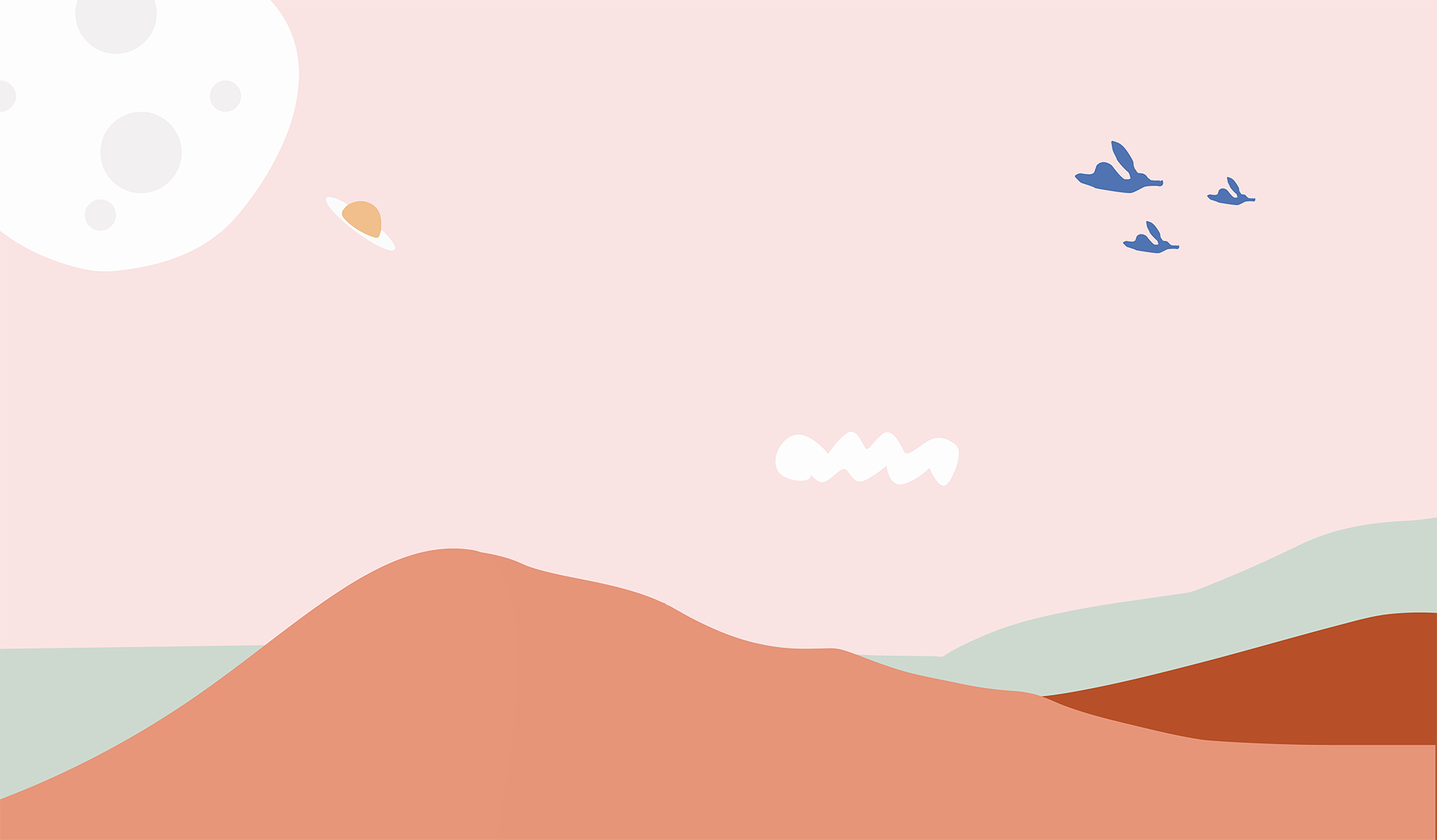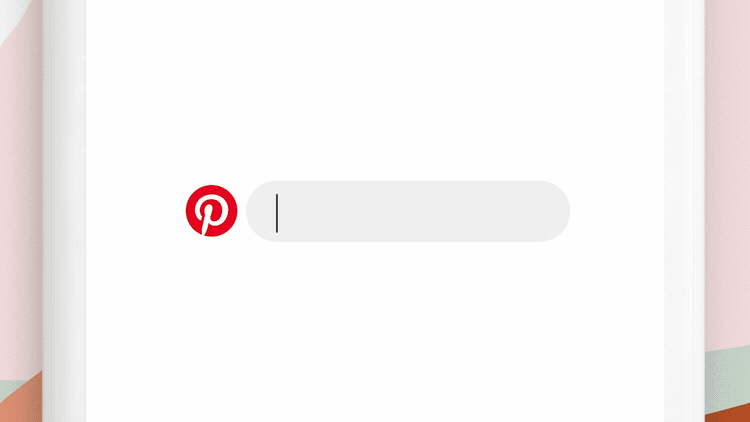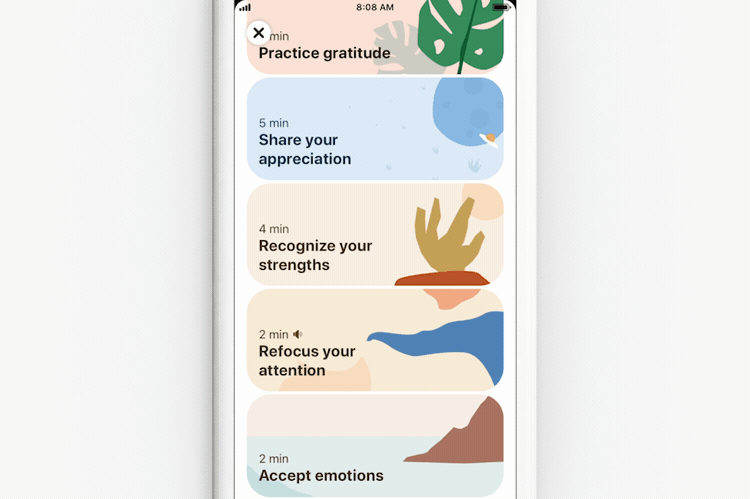Getting better at helping people feel better

Today we’re announcing some new updates to improve how we support our Pinners, especially those who might be struggling with their emotional well-being.
Pinterest is where people go to find inspiration, but that isn’t easy when you’re feeling down or in despair. These resources and activities are here to both help people with how they’re feeling, and improve the quality of the inspiration they find on Pinterest.
Just search for “#pinterestwellbeing”
We recently introduced a collection of emotional well-being activities to our app (available for Pinners in the U.S. for now). Before, the activities only appeared when someone searched for something that indicated they might be feeling down, like “stress relief” or “sad quotes.” But we didn't want people to have to search for something sad just to get to these resources.
Now all you have to do is search for #pinterestwellbeing to jump into exercises for feeling gratitude and self-compassion, along with other interactive practices that could help you improve your mood.

The activities are getting a fresh look, with new illustrations and animations to make the experience even more inviting.

Bringing authoritative health content onto Pinterest
We continue to work with experts to bring more authoritative health and wellness content onto Pinterest. For World Mental Health Day, the World Health Organization saved new Pins meant to reduce the stigma of suicide and offer ways to support people who may need it. People can discover these Pins in search, recommendations and from the WHO’s profile.
Others, like American Academy of Pediatrics, are bringing their resources for parents onto our service. Pinterest reaches 80 percent of U.S. moms, according to comScore, and many use our app to get ideas for everything from planning trips to meal prep and weekend activities to do with their kids. Our goal is to bring them inspiration they can trust.
Taking action on harmful content
As we bring new content and more well-being activities to our app, we’re also working hard to reduce the chances that someone could find something that displays, rationalizes or encourages self-injury.
That’s why we updated our self-harm policy earlier this year to allow our team to hide or remove a broader range of content that could be triggering for some people. This more compassionate policy was created with guidance from Samaritans.
We’ve also been developing new machine learning technologies to identify and hide self-injury content, so now it's much harder to find on Pinterest. As a result, reports of this content from Pinners have decreased by 88 percent over the last year. If someone does report a Pin for self-harm, we’re now three times faster at removing it, which means fewer people see it.
Supporting people in emotional distress
We made it easier for people to reach expert help when they need it. In the U.S., that means support from the National Suicide Prevention Lifeline is available directly from our app in just one tap.
Finally, we removed recommendations for an additional 4,600 terms and phrases related to self-harm. If someone searches for one of these terms, we’ll show expert resources they can use to get free and confidential support. We also brought these resources to people’s boards if they use them to collect content that indicates they may be in distress. This approach was created with guidance from outside emotional health experts at the National Suicide Prevention Lifeline, Vibrant Emotional Health and Samaritans.
World Mental Health Day is an important time to bring awareness to the challenges surrounding mental health and support our most vulnerable friends, family members and neighbors. But for us, this work is not just a 24-hour commitment. We believe a healthy life is an inspired life, and we’re working hard to build Pinterest in a responsible, compassionate way every day.
Omar Seyal, Head of Pinner Products, Pinterest